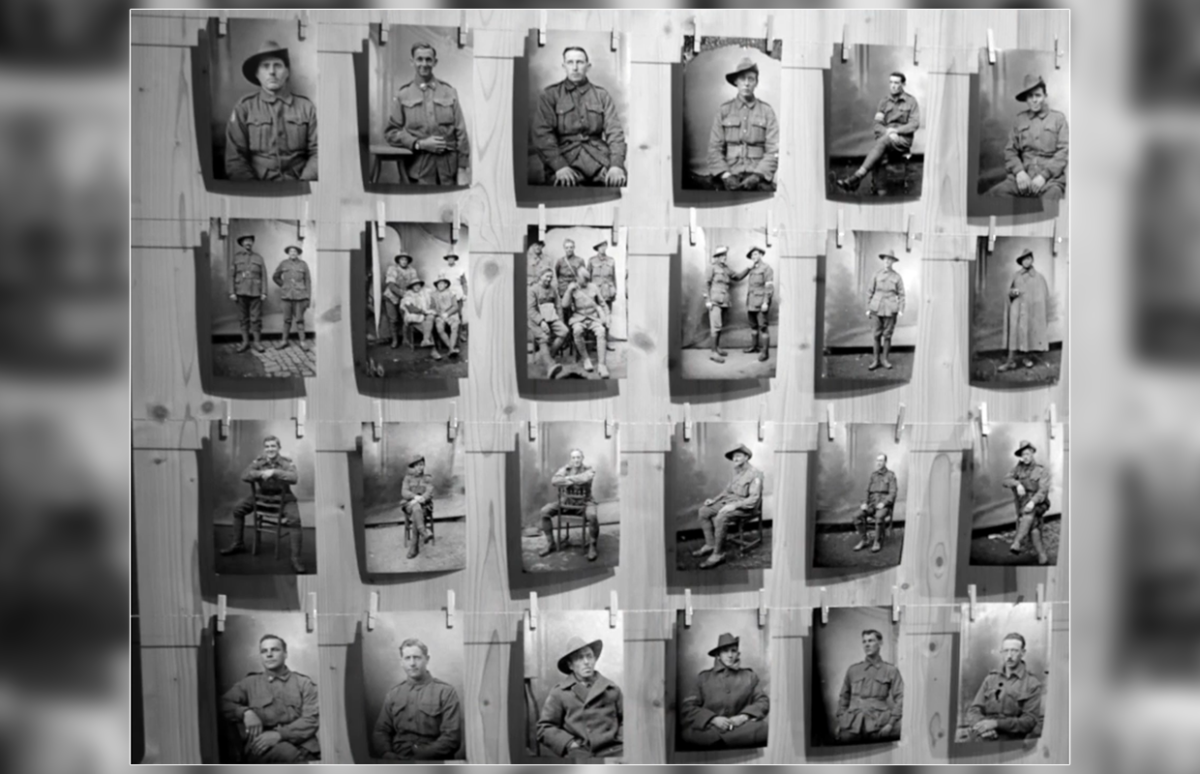
Primary, collège and lycée classes can participate in the Sadlier Stokes Prize to create projects about Australia’s participation in World War I. Lieutenant Clifford Sadlier and Sergeant Charlie Stokes of the 5th Australia Division, were decorated for their bravery in the Second Battle of Villers-Bretonneux, on 24 April, 1918. The town was strategic in the … Continue reading “1500 Euro Prize for a Class Project About Australia”
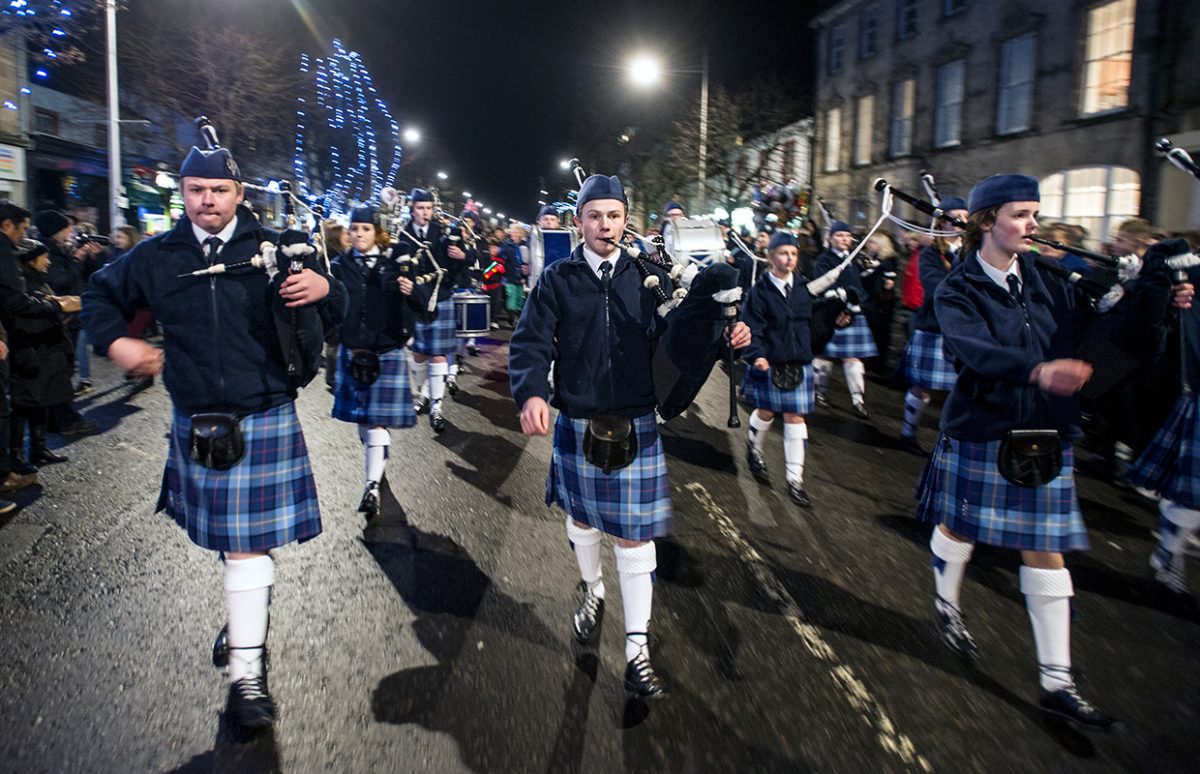
St Andrew’s Day, 30 November, is the Scottish national day. Here are a couple of resources to talk about the celebration with collège classes, and a suggestion to get everyone moving! This BBC Newsround article written for children has “Everything you need to know about St Andrew’s Day”. It’s usable from A2. You may want … Continue reading “St Andrews Day Online Resources”

This B1-level article will introduce your students to the British political system. They will most probably have heard about Brexit, but will need to understand why the referendum was decided by David Cameron, how British Prime Ministers come to power and what the exit process involves. We’ve updated this resource to autumn 2018. This would … Continue reading “Brexit”
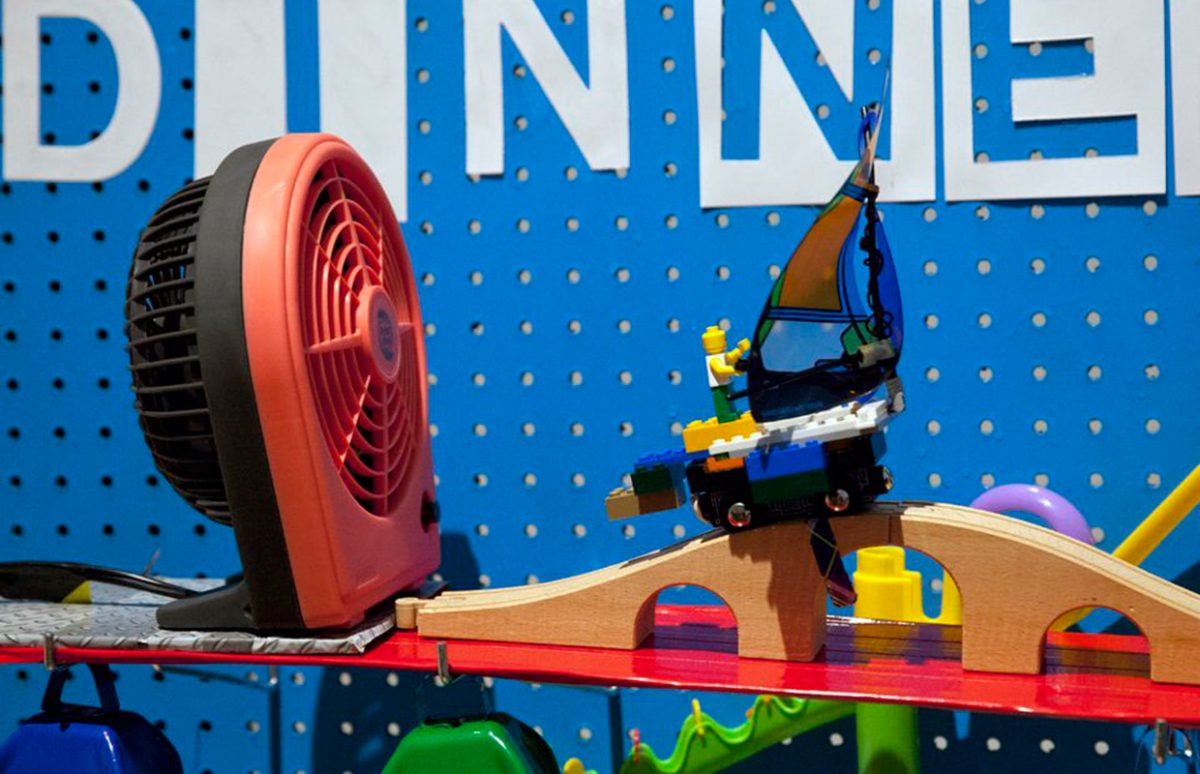
These videos of crazy contraptions inspired by Rube Goldberg and Heath Robinson’s drawings are a great addition to a project to make a machine. They allow you to show pupils some examples, practise describing the machines, and see models of how to present a machine. No commentary on this video, just the images of the … Continue reading “Rube Goldberg Machine Videos”
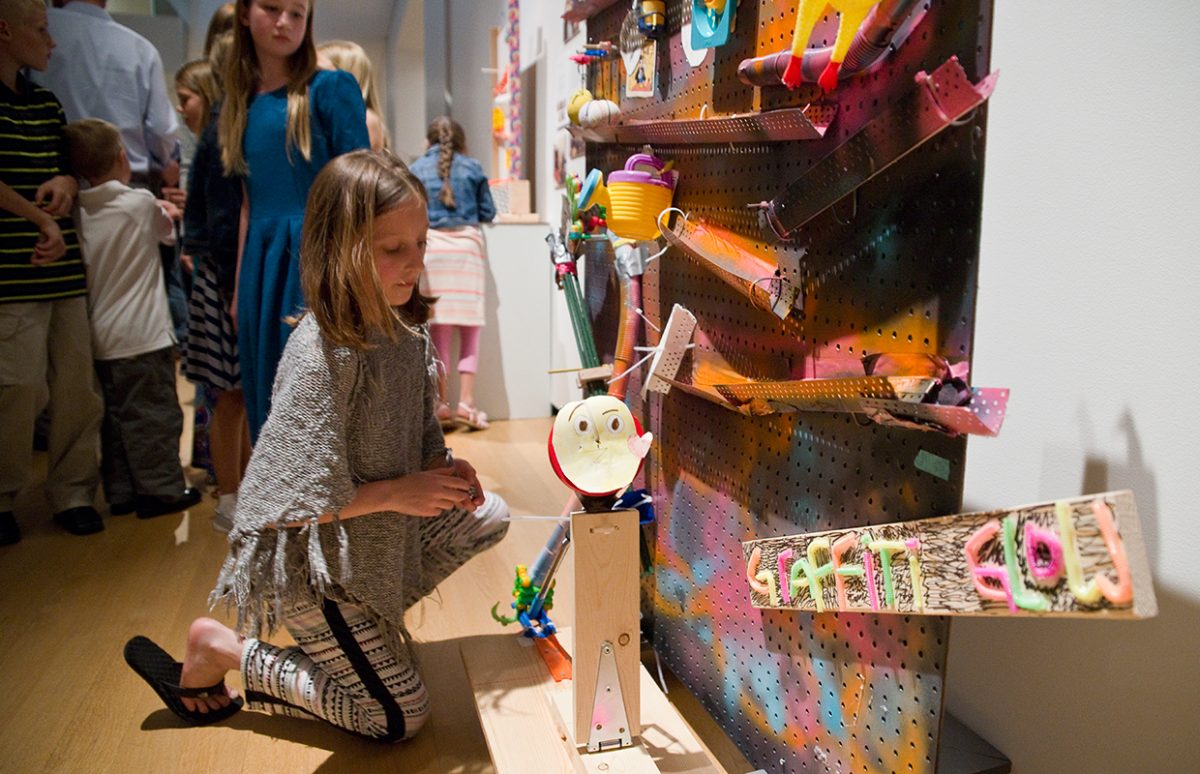
Let’s imagine a crazy machine! We look at a fun and active project that gets pupils moving and talking in English about a culturally specific phenomenon: a Rube Goldberg machine. Cartoonist Rube Goldberg was famous for drawing comically complex machines to complete everyday task. His drawings are so well known in the U.S.A. that there … Continue reading “Inventing a Machine in Language Class”
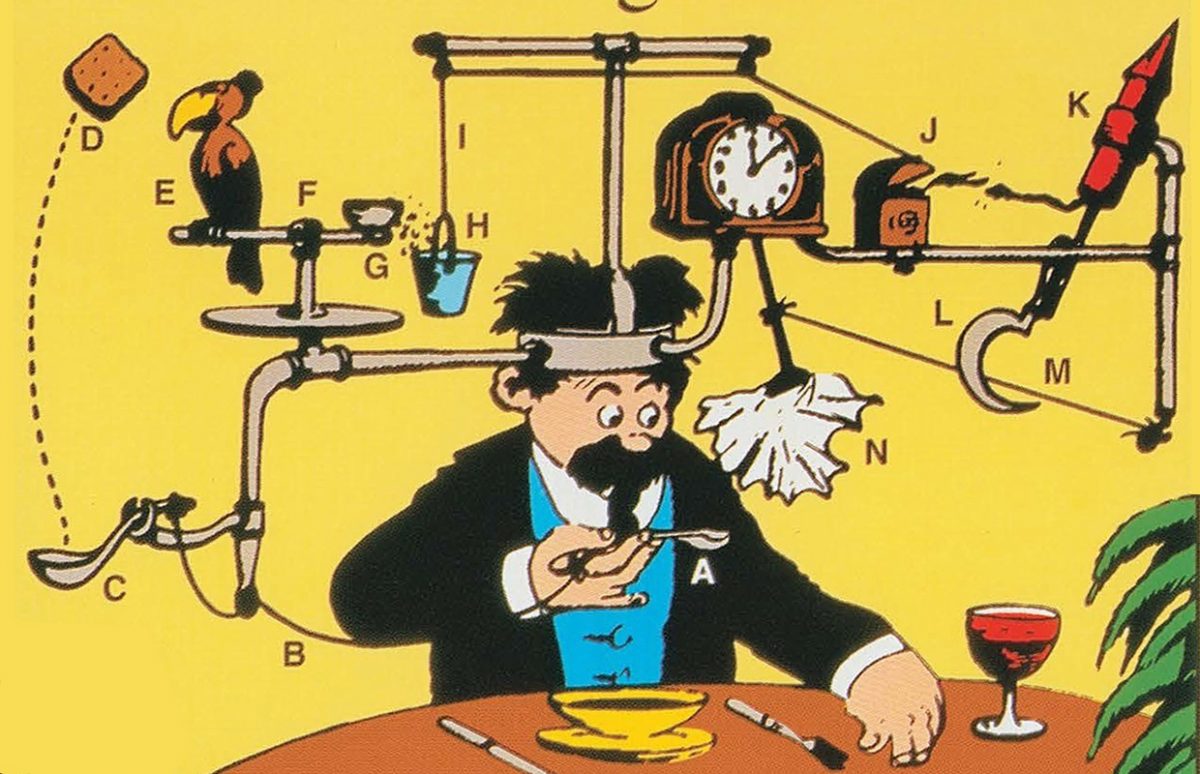
You may have heard about a complex concept described as a “Rube Goldberg”… then wondered what that meant. The Rube Goldberg machine is a complicated machine that does simple tasks. Rube Goldberg was an American inventor, sculptor, author, engineer, cartoonist and he is very famous for his zany inventions cartoons. Before he was known as … Continue reading “The Art of Rube Goldberg: Why do simple when it can be complicated?”
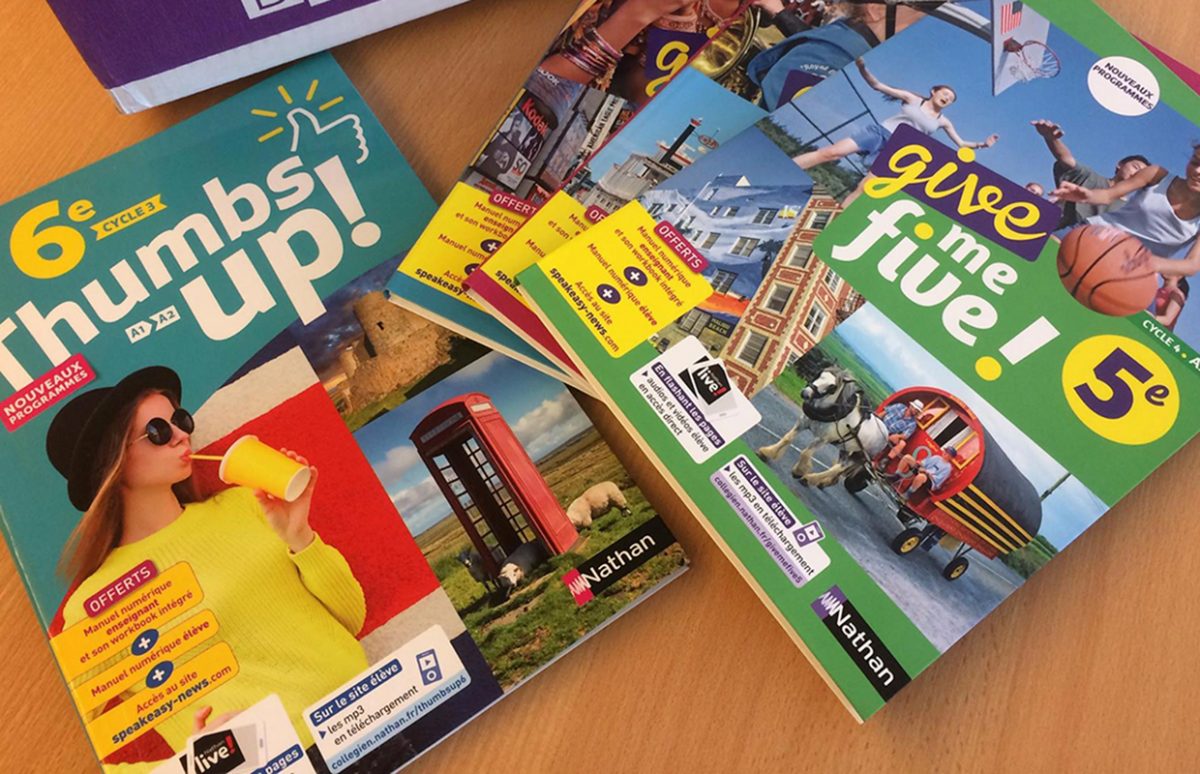
Ils sont arrivés ! Les spécimens des 4 nouveaux manuels d’anglais Nathan : Thumbs up! 6e et Give me five! 5e, 4e, 3e, ont été livrés dans vos collèges, rapprochez-vous de votre documentaliste et cherchez les petits cartons violets ! Thumbs up! est une nouveauté spécialement conçue pour la 6e, dont le maître mot est “pédagogie spiralaire”. Grâce … Continue reading “Les nouveaux manuels à découvrir”
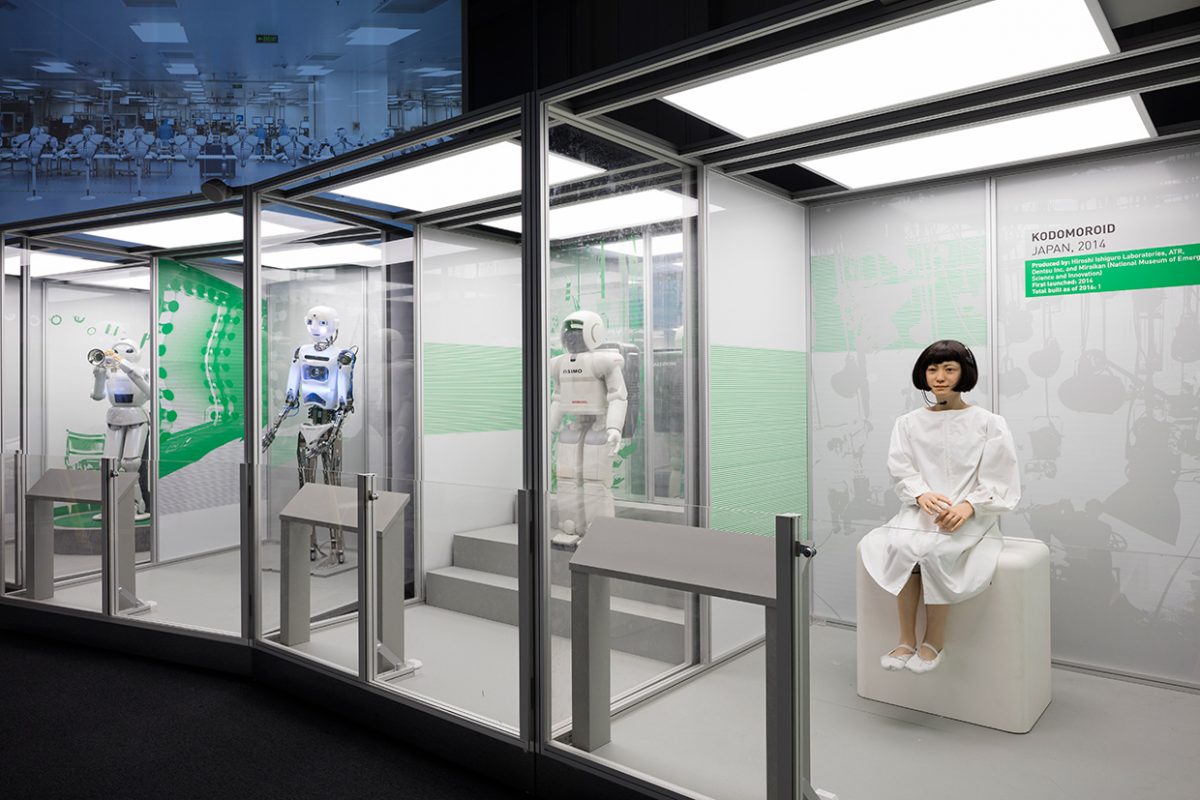
The new robot exhibition at London’s Science Museum offers several videos on this motivating subject which can lead to work on science and technology, but also on human anatomy, modals and comparisons. The exhibition trailer doesn’t have any voiceover, just onscreen text. It points out that by looking at robots we question what it is … Continue reading “Robot Videos”

Tuesday 7 February is Safer Internet Day. On that day, and every day, it’s time to get pupils thinking about what they post on the Internet, and what it says about them. This year’s campaign focuses on images. Online life is an important part of the parcours du citoyen, and l’éducation aux médias et à … Continue reading “Safer Internet Day”
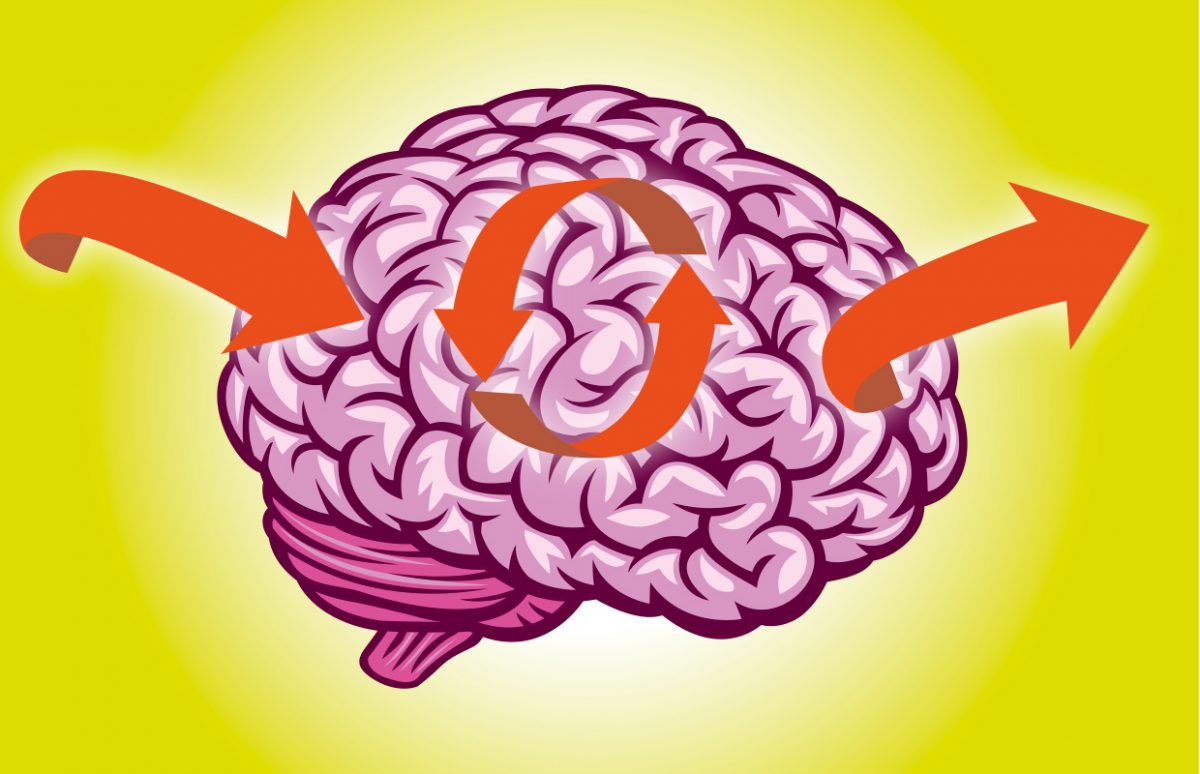
What does a pupil understand when a teacher says, “Learn today’s lesson for next time”? What exactly should the pupil do? Read the work over, copy it out, memorise the new words or expressions, use them in context to produce a message…? Which tools should be used (notebook, textbook, school homework website…)? And how will … Continue reading “Learning to Learn”














